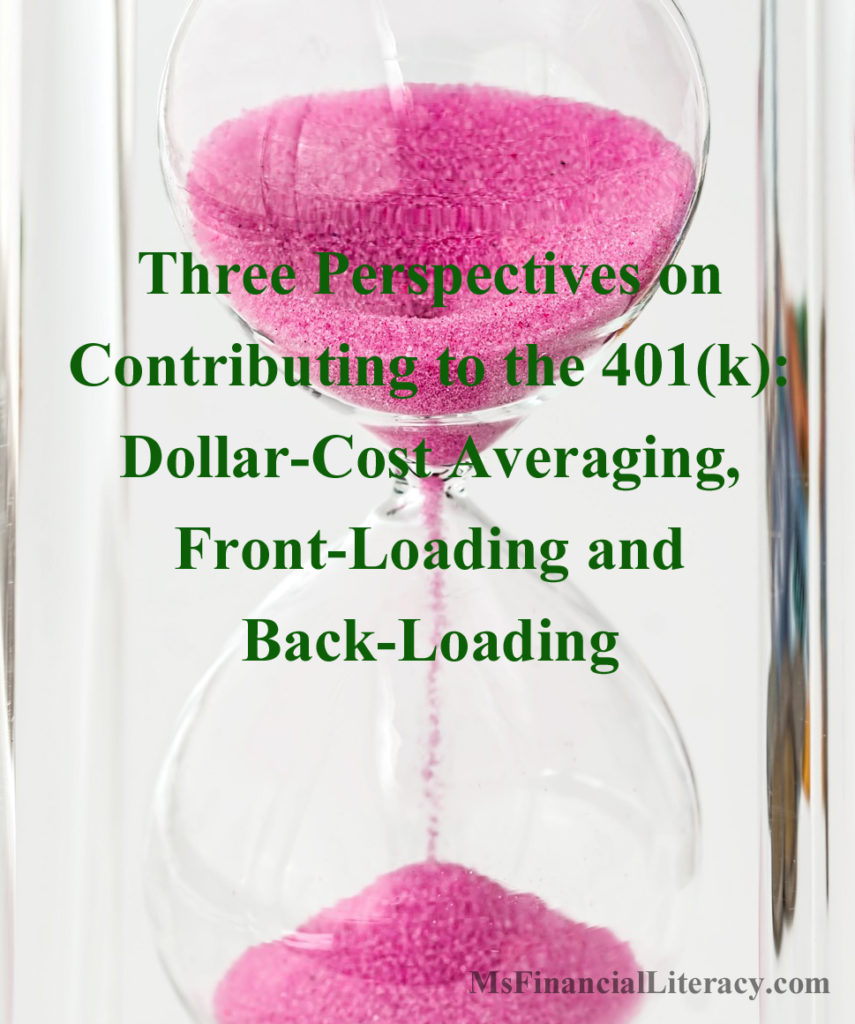We’re sharing our non-W2 incomes on the blog not to brag. We want to show you what is financially possible. If you’ve read some of my previous articles (such here, here, here and here), you know that both my husband and I have been saving aggressively over the past decade. Our savings rate ranged from 55% to 75%. This was true even when our combined income was below $100,000. The total passive income number you’ll be seeing here is the result of a decade of financial discipline and strategic investing. We took no shortcuts nor did we stumble upon great luck.

In our household, our biggest financial goal currently is to build up our non-W2 income. Sometime in the near future, my husband and I will want to leave our W-2 employment. At that time, we want our annual non-W2 income to cover our annual expenses. Ideally, we prefer 95% to 100% of expenses will be covered by our passive income sources (such as from dividends and interest payments from stocks and bonds and income from rental properties) and anything beyond that would be a bonus/extra cushion. We are certainly not there yet; we currently have enough passive income to cover our basic expenses. This is the reason we’re looking into rental properties to fill the gap (click here to read my rental property investing series where I share our journey on this new adventure).
Part of financial planning is financial tracking.





